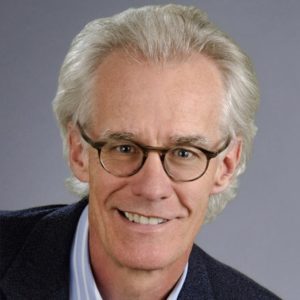At a time when the Biden Administration is seeking to restore faith in the alliances and show resolve, the potential for security cooperation between Japan and Korea is dimmed by the continuing primacy of disputes over history. Aggravating this problem is an ever-widening gap between Japan and South Korean with respect China. At the two…
April 6, 2021
It is the job of every foreign ministry to advance the interests of its country. But how, precisely? Biden’s first foreign policy speech stressed basic principles, and focused in no small measure on democratic values and restoring American presence on the world stage. This focus mirrored themes Biden raised in his campaign, to be sure.…
March 5, 2021
On January 9, the DPRK’s Permanent Mission to the UN sent out a press release reproducing a portion of a much longer report that North Korean media sources had released on the first days of the Party Congress. It appeared to contain a mildly hopeful message, taking note of the Singapore summit declaration that “assures…
January 11, 2021
With Joe Biden headed to the White House, North Korea watchers are speculating how the incoming administration will deal with this long-standing foreign policy irritant. One place to look for cues is to review the spate of Obama-era memoirs to outline his administration’s first year with North Korea. In Part 1 and Part 2, I…

